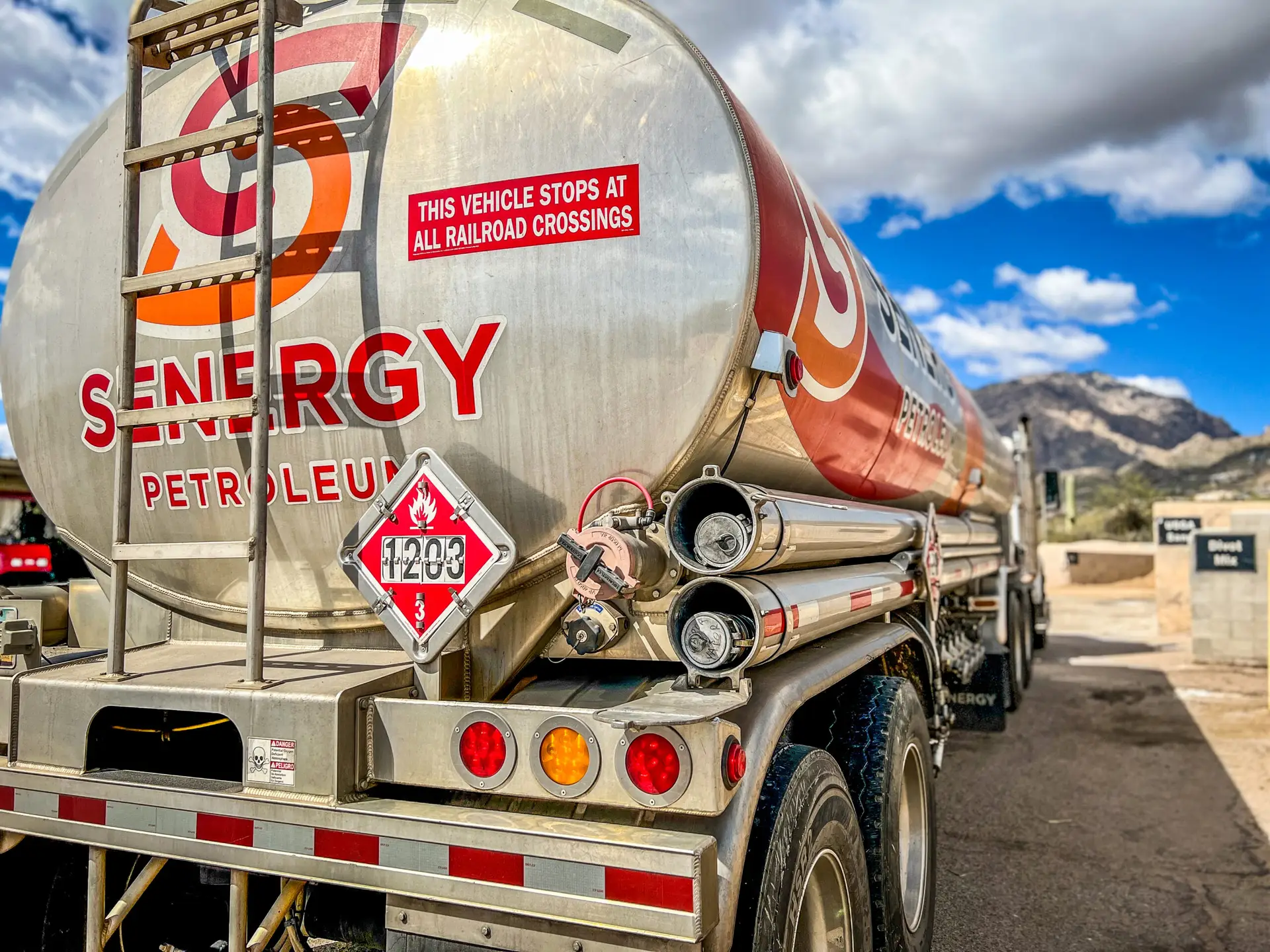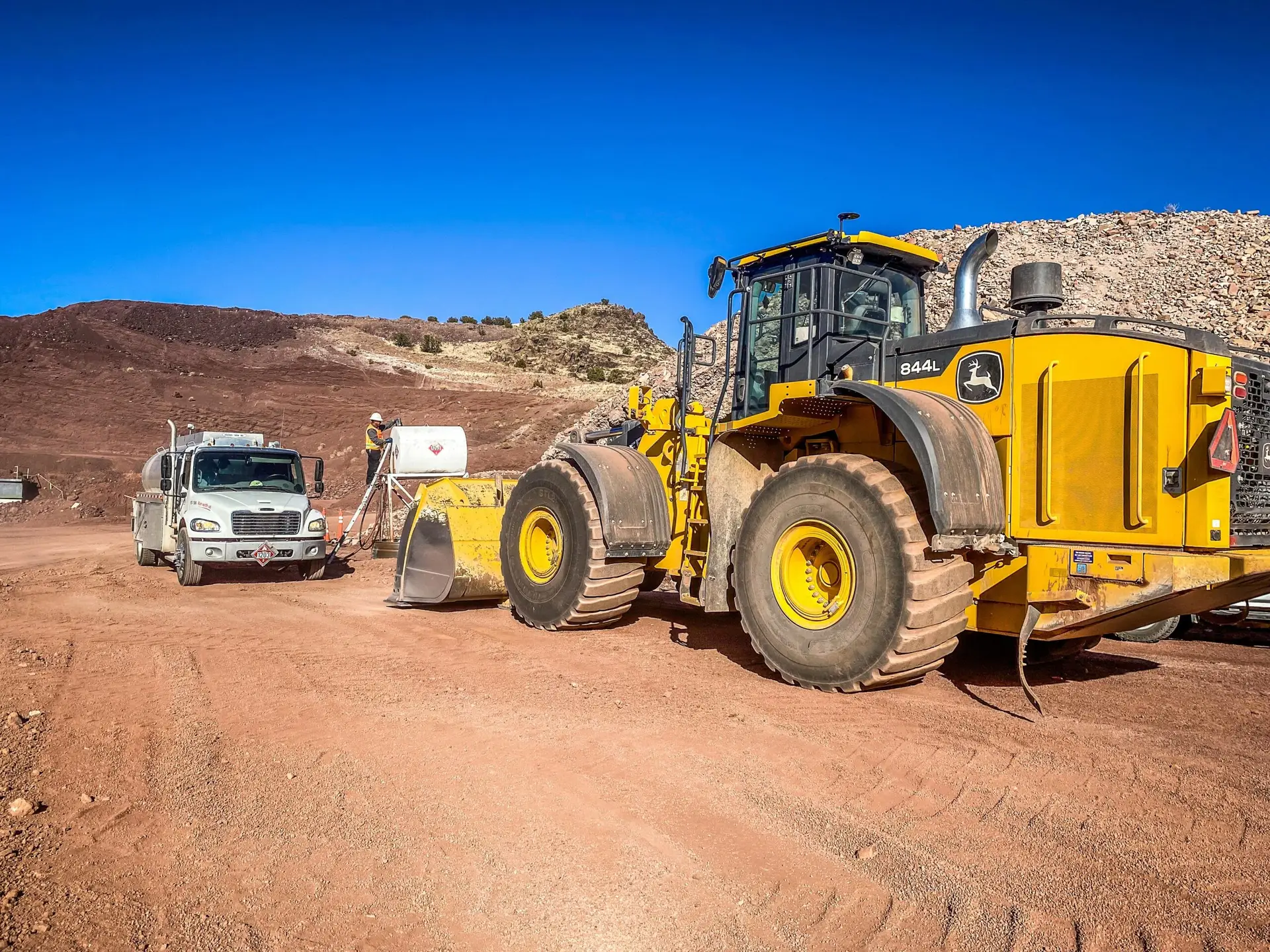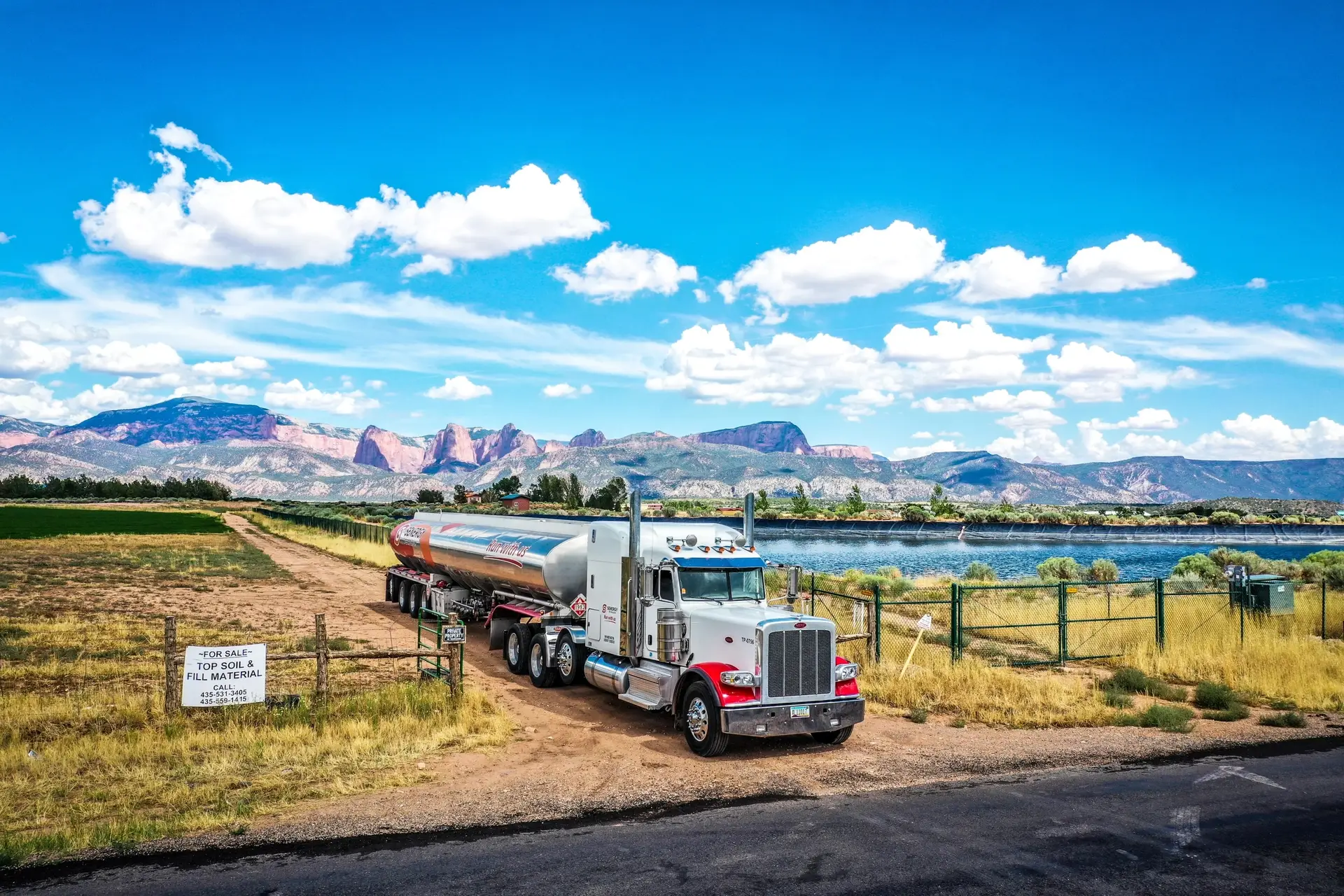Off-road diesel—commonly called red diesel—is a dyed fuel used in equipment that doesn’t operate on public roads. It’s chemically the same as regular diesel but dyed red to indicate its tax-exempt status for off-road applications. This fuel plays a critical role across industries like construction, agriculture, and mining. Thanks to the cost savings it offers, red diesel is a smart solution for powering heavy-duty equipment in off-highway operations.
Its use is regulated by federal and state authorities, and it’s important to use it only where allowed. Improper use in on-road vehicles can result in significant fines. That’s why it’s essential to know where red diesel is permitted—and to stay compliant. When stored properly and maintained with the right practices, red diesel helps extend equipment life and cut down on operating costs. For businesses that rely on off-road power, it’s a dependable and efficient choice.



